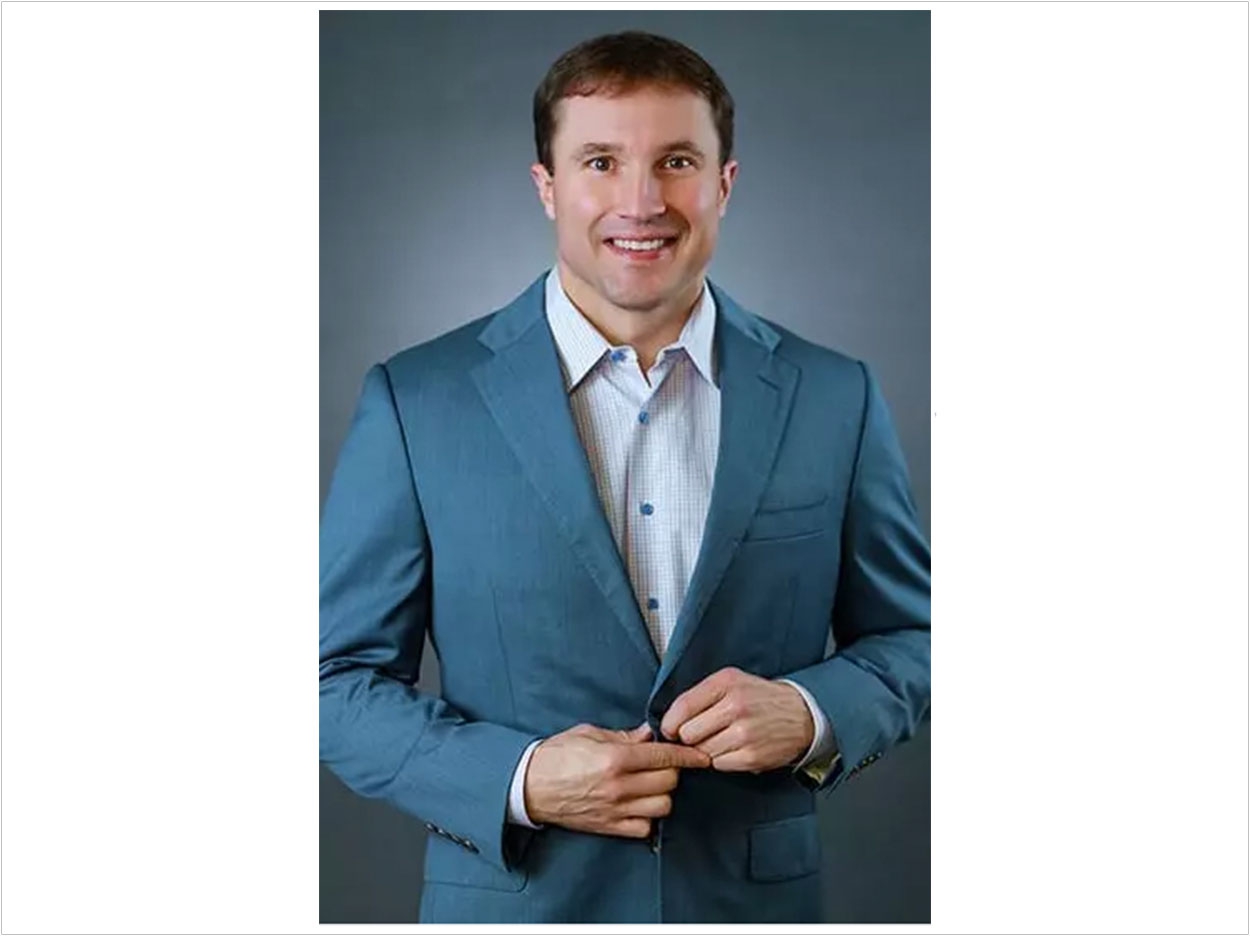Oral cancer encompasses malignant tumors that form within the oral cavity. With the increased use of tobacco and high alcohol consumption, incidences of oral cancer continue to rise. Maxillofacial surgery plays a pivotal role in the management and treatment of this dangerous disease. In this article, Dr Mark Austin will discuss the role of maxillofacial surgery as a treatment option for oral cancer.
Remove The Primary Tumor From The Affected Oral Area
The initial goal of maxillofacial surgery is to eliminate the malignant growth from the mouth. This may involve removing parts of the affected tissue or the entire affected area, depending on the size and location of the tumor. It is crucial to remove the right amount of tissue around the tumor to ensure the complete removal of cancer cells.
Neck Dissection For Cancer Cell Reduction
In the case of oral cancer, lymphatic spread in the neck can be a common occurrence. A neck dissection involves the removal of lymph nodes to reduce the risk of cancer spread and recurrence. The extent of lymph node removal depends on the extent of cancer spread.
Reconstructive Surgery
Following the removal of the primary tumor and lymph nodes, reconstructive surgery becomes necessary to restore the aesthetics and function of the oral cavity. Maxillofacial surgeons, often in conjunction with reconstructive and plastic surgeons, employ various techniques to rebuild the affected areas, which may include using grafts, flaps, prosthetics, and dental implants.
Multimodal Treatment For Cancer
In many cases, maxillofacial surgery is combined with other treatment modalities, such as radiation therapy or chemotherapy, to improve outcomes and minimize the chances of cancer recurrence. Collaborative management is vital to determine the most suitable treatment plan for each patient.
Recovery And Follow-Up
After undergoing maxillofacial surgery for oral cancer, the recovery and rehabilitation process is highly needed. Patients may require speech therapy, swallowing therapy, and dental rehabilitation to optimize their functional outcomes. Regular follow-up appointments with the maxillofacial surgeon and oncology team are necessary to monitor for potential recurrence or complications Dr Mark Austin.



